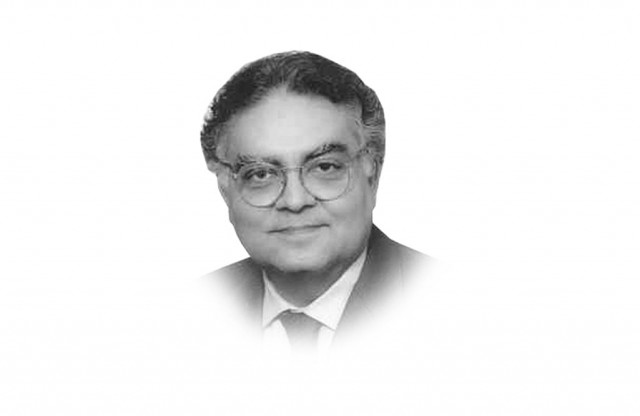Inequality and human potential
It can be shown in fact that higher the level of inequality, lower the poverty reduction effect of economic growth.

Sixty-three percent of Pakistan’s population is young, that is below the age of 18. The majority has neither discovered its human potential due to low quality education (or none at all), nor can it participate in the process of the cultural, social and economic development of the country. Pakistan’s elite-based institutional structure, by excluding the majority of a talented people from actualising their potential and using it, is essentially constraining development. Economic and social inequality thus constitutes a fundamental fetter to development as much as to the building of a humane society.
It can be argued that inequality is built into the economic structure of many countries. After 300 years of growth under capitalism, about half the world’s population is living below the poverty line defined in terms of two dollars per person per day. The poor majority subsist in a world where a small minority lives in incredible luxury. In South Asia according to Dr Deepak Nayyar at New Delhi’s Jawaharlal Nehru University, in the high-growth period 1981 to 2005, although in percentage terms poverty has declined, yet the total number of poor has increased from 251 million to 496 million. In terms of a poverty line of 1.25 dollars per day, the percentage of the world’s poor population that lives in South Asia has increased from 29 per cent to 43 per cent during the same period. This suggests high levels of inequality. Indeed a recent UNDP paper provides evidence that the index of inequality in South Asia (called the Gini Coefficient) has increased since the 1990s. It can be shown in fact that the higher the level of inequality, the lower the poverty reduction effect of economic growth. Thus the persistence of mass poverty, inspite of high economic growth at the global level as well as in South Asia, can to some extent be attributed to high levels of inequality.
The purpose of economic growth surely is not to enrich a few, while the majority suffers from social and economic deprivation. The fact of inequality also puts into question the humanity of the affluent who remain insensitive to the plight of the poor. As Jalaluddin Rumi the great Sufi poet said, those who have no empathy for the suffering of others, have no right to be called human.
The ability to love is what makes us human. Love is the path to God; it also links us with others, with nature and with our own nature. As Bulleh Shah said, “Demolish the temple, demolish the mosque, demolish all that can be demolished, but do not injure the heart of man for that is the abode of God”. This ability to love which defines our sociality, induces a sense of responsibility towards others. Its practice is the emblem of our beauty, and sustains our dignity. As Rabia of Basra the great Sufi lady, wrote in the eighth century: “Live with dignity, women, live with dignity, men. Few things will enhance our beauty as much”.
The human quest of self realisation requires the building of societies that are more equitable. For inequality in so far as it constrains the actualizing of the human potential, restricts human development. I have argued elsewhere that inequality, by narrowing the base of investment and innovation, also restricts economic growth.
So we need to rethink growth and development, by turning narrow orthodox economics on its head. Building societies in which humans can bring into play their humanity must be the goal of economics. Both sustainable economic growth and development require creating the conditions for enabling all citizens rather than a few to fulfil their human potential.
Published in The Express Tribune, February 12th, 2012.













COMMENTS
Comments are moderated and generally will be posted if they are on-topic and not abusive.
For more information, please see our Comments FAQ